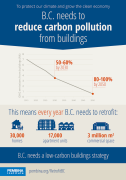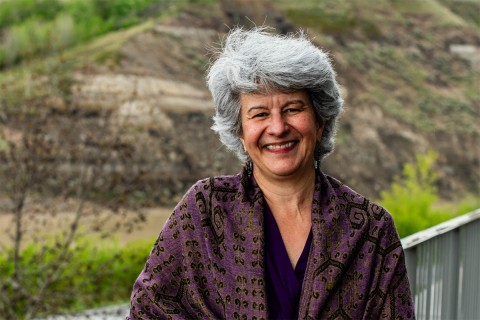
Roberta Franchuk is the senior technical editor on the Pembina Institute's Communications team and is responsible for quality and accuracy in publications. She also works on layout and production of a variety of print and online reports and resources across all areas of the organization. She has been involved with the non-profit sector for more than 20 years and has worked with a number of environmental education and community projects.
Roberta holds a Bachelor of Science in chemistry from the University of Alberta, and is an avid transportation cyclist. She loves to garden at her net-zero house and travel with her husband and two daughters, and has lived in Germany and New Zealand.
Contact Roberta Franchuk
Roberta Franchuk's Research & Analysis
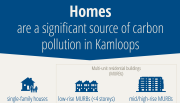
Kamloops needs to retrofit homes to reduce carbon pollution
Infographic shows scale of retrofits required to become a zero-carbon community by 2050

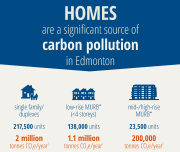
Edmonton needs to retrofit homes to reduce carbon pollution
Infographic shows scale of retrofits required to achieve carbon neutrality by 2050


Alberta Power Symposium
Discuss, collaborate and share strategies on the future of the power industry
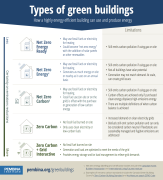
Five types of green buildings explained
Infographic: What do net-zero and zero-carbon buildings mean for energy use and climate pollution?



